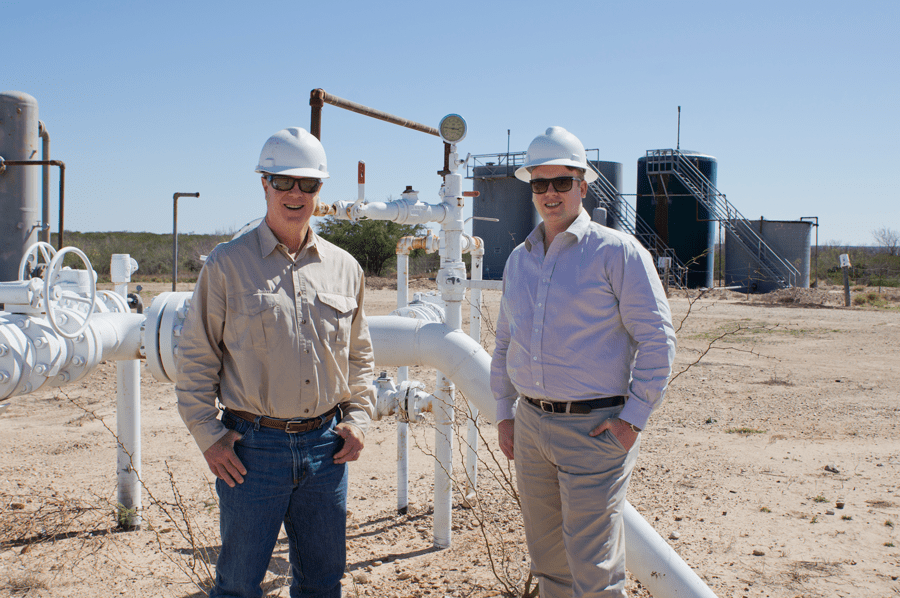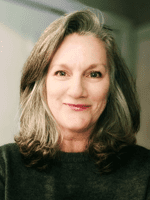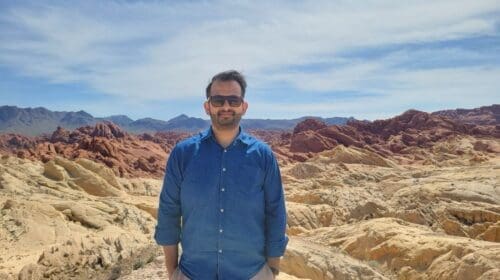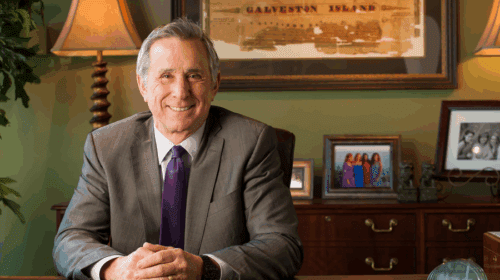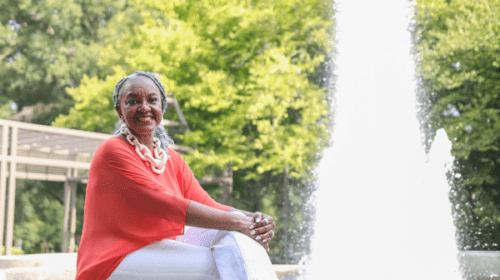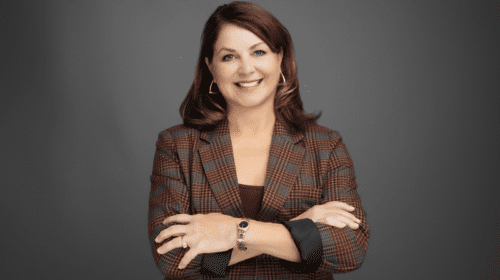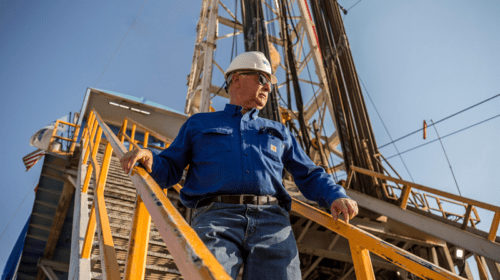An arctic blast blew through Texas (and much of the country) in mid-February, knocking out electricity and, in some cases, water, just days after Killam Oil Company President and Partner Cliffe Killam, confirmed that he is “still very bullish on oil and natural gas,” adding, “They’re going to continue to be very relevant and important to our economy.” Killam, who is based in Laredo, Texas, where temperatures average a high of 76F and a low of 55F in February, was speaking in general terms, but his words would prove prescient. Temperatures in Laredo dropped more than 45 degrees within a week (and would drop even further) with the demand for natural gas skyrocketing. According to the Electric Reliability Council of Texas, known as ERCOT, natural gas provides 51 percent of the electricity in Texas.
Within a week or so, things had returned to “normal” for the most part, with temperatures in Laredo hovering close to 80F. While South Texas typically doesn’t have to deal with extreme weather fluctuations (aside from hot and hotter), along the rest of the country, it has had to adapt to the ongoing COVID-19 pandemic and its attendant effect on the commodities markets. Oilmen, like Killam, are accustomed to the vagaries of a cyclical and volatile oil and gas industry, and try to plan accordingly, but this past year has required companies, especially smaller oil and gas producers and operators, to reevaluate and make adjustments in order to survive. (Not all have been successful, with Haynes and Boone reporting 31 bankruptcies in 2020 for oil and gas companies under Texas jurisdiction and 107 nationwide.)
“Right now, we’re under a lot of distress as an industry,” Killam acknowledges. “There’s been unprecedented economic strain on the oil and gas industry – at one point, prices were negative $20 a barrel – and it’s put a lot of stress on us as a small business. We’ve had to look at our expenses and see where we can make adjustments and renegotiate with vendors. We’ve made a lot of a lot of hard choices along the way. At the same time, the oil and gas industry is dynamic, it’s resilient and we see a lot of opportunity that we plan to capitalize on going forward.”
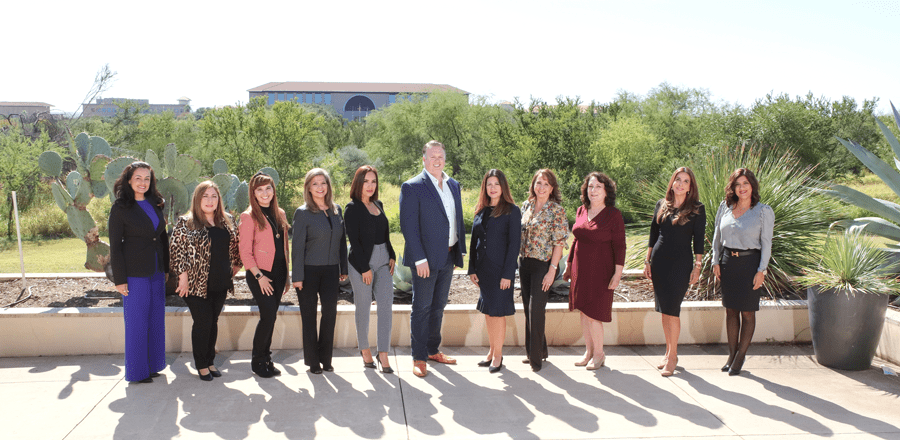
Noting that South Texas and the Gulf Coast area are among the major oil and gas provinces in the state and beyond, Killam believes there is still a lot of potential in the Eagle Ford shale and Austin chalk formations, as well as other conventional opportunities, which gives him reason to be optimistic about the future.
“Our main focus right now is to acquire oil and gas properties, more so than drilling activities. We’re looking at acquisitions anywhere from $50 million to $500 million; that’s the price range of the deals that we’ve been evaluating and have on our radar. To stay relevant in this industry, you need to have size and scale and there really aren’t that many private family-owned businesses left in the oil and gas industry.”
It wasn’t always a sure bet that Killam would join the family business, which encompasses not only oil and gas, but ranching, real estate and investments. Killam’s Missouri-born paternal great-grandfather, Oliver Winfield (O.W.) Killam, a serial entrepreneur and politician who helped Oklahoma achieve statehood, moved his family to Laredo in 1920. With no oil and gas experience, he decided to prospect for oil in an area where none had ever been discovered.
The first well he drilled was a dry hole. The second couldn’t be completed. The third time was the charm, although the well only produced 20 barrels. O.W. kept drilling and in 1921, hit a gusher, as all storied wildcatters do. The Schott No. 2 began producing over 400 barrels a day and several million cubic feet of natural gas, kicking off the first South Texas oil boom. With no infrastructure in place, nothing could be done with the production. Taking matters into his own hands, O.W. constructed the Texpata Pipeline and, in 1923, he built Misko Refineries. He used his newfound wealth to accumulate mineral rights and acreage, including the 80,000-acre Oritz Ranch. His son Radcliffe went to The University of Texas at Austin and later became a Harvard educated lawyer. He eventually joined the business in 1935, then left to join the war effort as a lieutenant commander in the Pacific before returning in 1945 to help continue the family tradition.
Radcliffe’s son, David, who graduated from The University of Texas at Austin and holds a professional degree in Ranch Management, started out managing the family’s ranching interests before joining Killam Oil and creating two new divisions in investments and commercial real estate. It would seem to be a foregone conclusion that his son Cliffe, named in honor of David’s father, Radcliffe, would join the family business, but in a radical departure, the younger Killam, while earning a bachelor’s degree, decided to pursue what would prove to be a short-lived career in publishing.
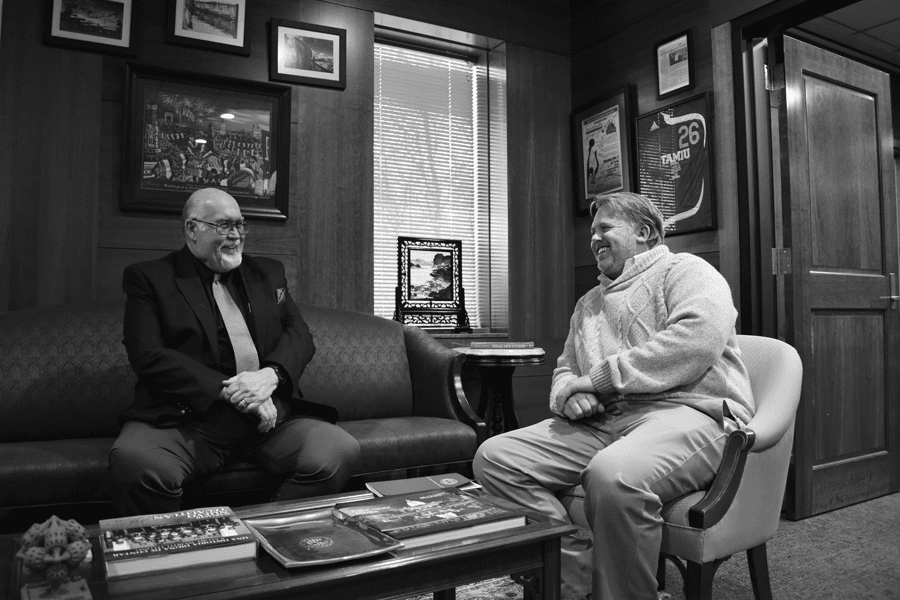
“There’s almost nothing more diametrically opposed to the oil and gas industry than English Literature, but my family was always very supportive of me pursuing whatever my interests and passions were.” Prior to graduating, he took an internship working for a literary magazine published by Nobel and Pulitzer Prize winning author Saul Bellow, only to discover its publication schedule was sporadic at best, which led to irate subscribers that Killam had to deal with. He began reflecting on what he wanted to do next and decided to take his father up on his offer to work for the family business, starting as a manual laborer in the oil fields of Freer, Texas.
“I had been reading a lot,” he says laughing, “so I wanted to get away from having my nose in a book to working with my hands out in the sun.” Deciding to take a chance, he joined the oil field labor force, living in a small shack on the ranch and making minimum wage, while working as gang labor on the rig site, assisting welders building pipelines, riding in a vacuum truck to help pick up loads, and becoming part of the crew operating a pulling machine where they changed out old tubing. “It was my entrance into the oilfield even though I grew up with it. I remember sometimes skipping dinner after working all day on the pulling machine, having worked on three or four wells, taking two Tylenol and going to bed, then waking up and doing it all over again. There was a lot of hard work and long days, especially because I had started taking accounting classes on certain nights in Laredo, which is 63 miles from Freer.”
Despite enjoying the people he was working with, after nearly a year on the pulling-machine in the scorching South Texas sun, which bears down at over 100F in the summer, Killam decided to explore other ways to be involved in the business.
He enrolled in the Petroleum Engineering College at The University of Texas at Austin in an interdisciplinary program which, at the time, was called a Master of Energy & Mineral Resources, taking select classes in the law school, as well as the MBA, geology and engineering programs. He says most of the people in the program were either economists, petroleum engineers or geologists. “At the time, I was the only person with a liberal arts degree and ended up doing my thesis on U.S. natural gas policy and the liquefied natural gas (LNG) market and how the U.S. was running out of natural gas and would be importing gas.” He doesn’t miss a beat and admits with a laugh, “I was very wrong on that.”
He graduated in 2005 and says, “It was amazing to see that just shortly thereafter the shale revolution started to happen.” Once again, instead of going home and joining the family business, he applied for a number of jobs and ended up as an analyst at Wood Mackenzie conducting oil and gas research and doing consulting, which added another layer of knowledge about how the industry works. Subsequently, he worked at Standard Chartered Bank working on international oil and gas M&A, before he eventually decided to return home in 2010 to Killam Oil. In 2019, he graduated with an MBA from the Executive Program at the University of Texas at Austin’s McCombs School of Business. Recently promoted to President of Killam Oil, he has become a partner at the family business, alongside his father, David.
Just as new technology and drilling techniques turned his prediction about the fate of natural gas on its head, Killam sees an innovative future for the oil and gas industry. “The only constant is change and there’s going to be the need to adapt. Our business now is about incorporating more technology into how we manage our assets. American energy is the safest, most reliable, most regulated, and is held to the highest standards and, in order to be in this business, you have to keep up with technology. Our attitude is, we’re open to change and effectuating that change to deliver the high performance and IRRs that we expect.”
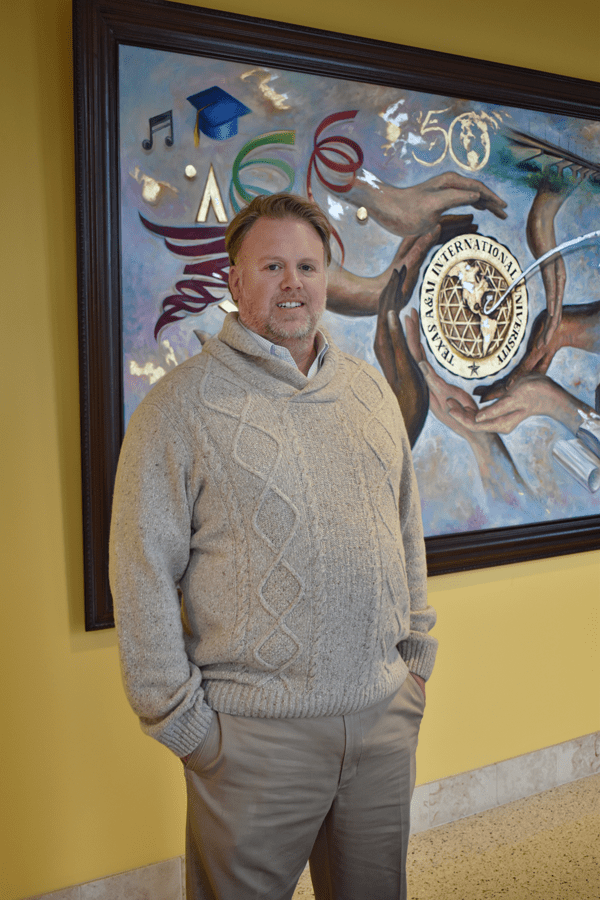
Does that change include transitioning to renewable energy? “We’re not against renewables in any way, but they’re not fulfilling the promise that they’re extending to people. They receive a lot of subsidies, which produce megawatts at a very high cost compared to other sources, and they don’t produce the reliability or amount of energy we need to sustain the lifestyle that the U.S. has come to expect as a country or to meet our industrial needs. There’s no doubt there are going to be future gains going forward but, if we really wanted to try to use some other form of energy, we would have incorporated more nuclear energy a long time ago, which is the most reliable, competitively priced, and in clear abundance, and we haven’t done that in a significant way.”
“I don’t think we should pit ourselves against renewables,” Killam continues, “but I think we also need to be honest with the American public about the shortcomings of renewables and what kinds of petrochemicals or other types of rare earth elements are used in renewables. There are clear tradeoffs when using “renewables” and we need to be honest about that so that the public and political leaders can make informed choices. Certainly, there is an energy transition happening, but it’s going to take time to begin to fully make that transition, so oil and gas are going to continue to be very relevant and important to our economy. We’re in it for the long haul.”
“We’re all on the same planet, we all drink the same water, we all enjoy the outdoors. Who understands the earth more than geoscientists? Part of it is just sharing our story as an industry, helping to educate the public, because I don’t think people really understand what the oil and gas industry is about and how oil and gas impact their everyday lives in all the ways we help create the modern world.”
Education is something that has always been important to the Killam family, starting with Cliffe’s great-grandfather, O.W., who earned a law degree in 1898 from The University of Missouri, quite an accomplishment for a rural farm boy, who was one of eight children. The family’s philanthropic efforts also focus on healthcare and economic development. “Those are the three major things that affect the quality of someone’s life,” says Cliffe Killam.
In 1993, the Killam family donated 300 acres to help establish Texas A&M International University (TAMIU) in Laredo. “Education is a way someone can transform their life and help create better opportunities for themselves and their families,” says Killam, who recently saw his decade-long campaign to establish a Petroleum Engineering degree program come to fruition after years of fundraising, lobbying and advocating. “South Texas is an extremely important part of the energy mix in Texas and I’m really proud that we were able to get this program created.”
As Chairman of the Board of the Laredo Chamber of Commerce, Killam’s recent appointment of 10 highly accomplished female leaders to the Chamber’s Board of Directors also has garnered a lot of attention. “I’ve been kind of surprised by the reaction,” says Killam, who admits he was thinking about his newborn daughter, Charlotte Grace, when he realized that in over 100 years of existence the Chamber had only had four female chairs since it was founded in 1915. Before Killam’s appointments, women comprised only 15 percent of the Board, which then increased to 40 percent. The newly appointed board members have been inspired to create a Female Leadership Forum, which will focus on mentoring female college students and young professional women, as well as to establish a speaker series on women leaders and entrepreneurs.
“I want my daughter to have more female role models and know that she can accomplish anything she sets her mind to. She inspired me, and now it’s become a very personal and powerful experience for me. I didn’t fully appreciate how it would make other people feel and it’s helped create conversations where female professionals have confided in me about their experiences and perspectives. I also wanted to convey that the Laredo Chamber is going to do things differently and I wanted to signal that to the marketplace. We need to have different voices and different people involved.”
If there is a silver lining to be found amid the chaos that was 2020, it is that it marked the Killam family’s centennial – living, working and giving back to the City of Laredo while carrying on the legacy of patriarch O.W. Killam.
Headline photo courtesy of Mariajose Velasquez. Managing Partner of Killam Companies, David Killam (L), and son, Cliffe Killam, inspecting a well site in South Texas.
Rebecca Ponton has been a journalist for 30+ years and is also a petroleum landman. She is the author of Breaking the GAS Ceiling: Women in the Offshore Oil and Gas Industry (Modern History Press; May 2019). She is also the publisher of Books & Recovery.
Oil and gas operations are commonly found in remote locations far from company headquarters. Now, it's possible to monitor pump operations, collate and analyze seismic data, and track employees around the world from almost anywhere. Whether employees are in the office or in the field, the internet and related applications enable a greater multidirectional flow of information – and control – than ever before.

